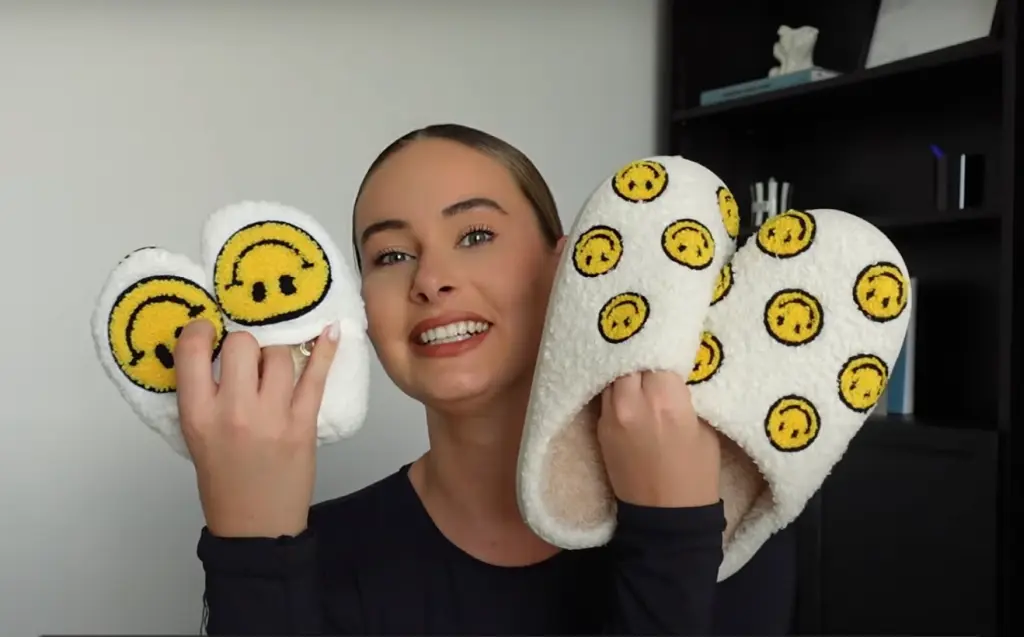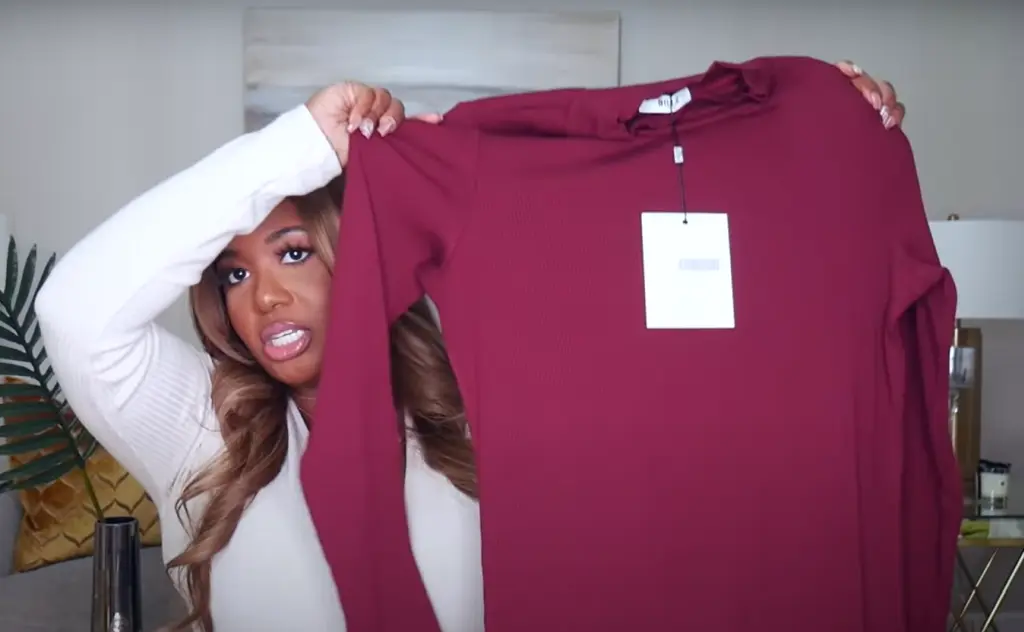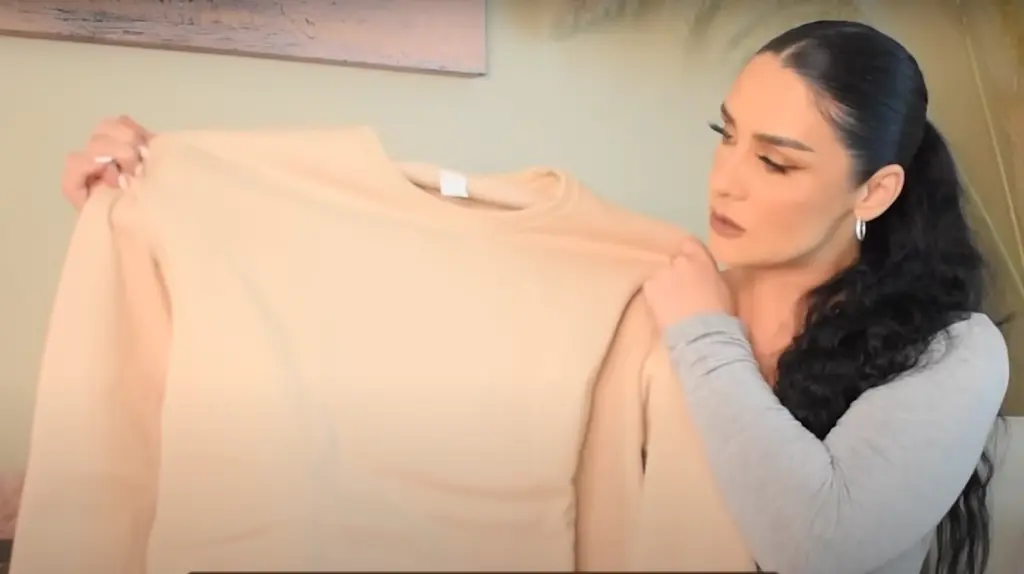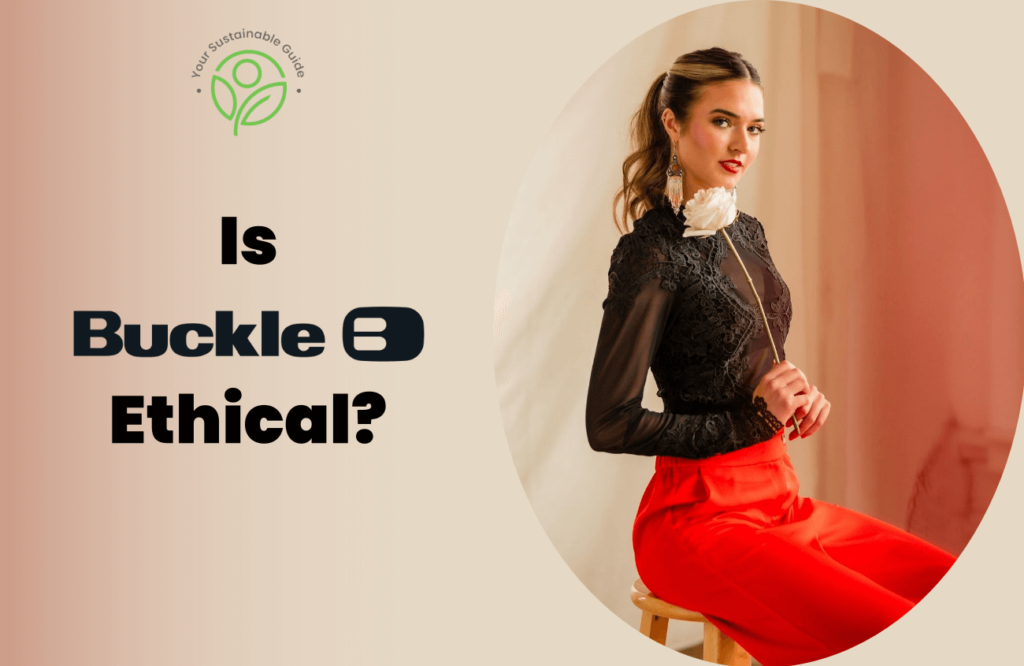Temu is causing a digital revolution with its unbelievably cheap and quirky merchandise. Ranked as the #1 most downloaded app in the US, it has become an overnight sensation. With 200 product categories, competitive pricing, and crazy promotional stunts, Temu ships tons of orders daily. But behind this flashy presence, the real question is— Is Temu an ethical company?
“Temu” stands for “Team Up, Price Down”! The shopping app is determined to help shoppers save some bucks. But with such high production scales and low pricing, Temu is encouraging a disposable attitude among consumers. What will be the company’s environmental impact then? Is it really possible to manufacture items at such low costs? Are Temu’s workers getting paid enough? Only one way to find out!

Is Temu Fast Fashion?
Yes, Temu is a fast fashion brand as it has a massive inventory of clothing, shoes, accessories, and other items inspired by the latest trends. While it doesn’t produce its merchandise, it ties up with numerous suppliers and offers products at rock-bottom prices. However, the ethical standards of these manufacturers remain compromised.
Despite being a new entrant in the e-commerce arena, Temu is gaining popularity for its wide range of quirky collections. Shoppers adore it because it helps them to stay stylish without breaking the bank. This pricing strategy is so unbelievable that products go down at even a 90% discount. In fact, Temu’s meteoric rise is a classic representation of why fast fashion is bad.
Temu’s goal from the start has been to flood the market with cheap-priced products that look aesthetic. And with changing trends, it keeps adding tons of items encouraging consumers to keep shopping. This approach ultimately promotes the disposable culture. No wonder, Temu is making its mark as a fast fashion giant.

Is Temu Ethical?
No, Temu is not ethical. In fact, a U.S. Congressional Report in June 2023 caused alarms suggesting Temu’s engagement in forced Uyghur labor in Xinjiang. The report flagged an “extremely high risk” tag for its products.
Labor Practices
Temu works with a network of suppliers in China. Since all of its products are of Chinese origin, there’s a significant chance of labor exploitation. The retailer neither publishes its partner factories’ list nor reveals details about production practices, raising peak-level suspicions. While it does have a generic Code Of Conduct, there’s no proof that manufacturers abide by the terms.
According to the above-mentioned Congressional Report, Temu violated the U.S. De Minimis provisions. This law allows merchandise priced under $800 to sneak into the country without thorough customs checks. And Temu’s “affordable pricing policy” lets it take advantage of this law. What’s worse is, it doesn’t even have policies against sourcing goods from sensitive regions like Xinjiang. This approach further fuels the platform’s labor issues.
Addressing these findings, Congressman Mike Gallagher said, “These results are shocking: Temu is doing next to nothing to keep its supply chains free from slave labor.”
Furthermore, there is no evidence that any of its partner factories are Fair Trade certified. This means there’s no guarantee that workers are provided with a safe working environment, fair wages, and reasonable duty hours. Such developments increase doubts about the app’s operations and its take on protecting labor rights standards.
Sourcing Practices
Temu is a bigger player in hiding its sourcing practices. With its operations entirely based in China, chances are high that the brand is benefitting from modern slavery. Because let’s not forget its possible association with forced Uyghur labor.
Apart from this, Temu works with thousands of uncertified Chinese suppliers. So it might be one of those brands that use sweatshops; given China’s reputation for human rights.

Child Labor
For now, there is no evidence that Temu uses child labor. But child labor in fast fashion is quite a widespread practice, especially in developing countries. And with Temu’s shady production practices, the doubts towards employing minors can’t be completely eliminated.
Overall Rating: 1
Is Temu Cruelty Free?
Temu doesn’t have a formal animal welfare policy. So there is no way of knowing what measures it takes to minimize animal suffering.
Temu claims that its make-up and skincare products are vegan and 100% cruelty-free. But a good proportion of its winter wear are made from wool and leather. Meaning the company isn’t entirely cruelty-free. The concerning point is, these materials don’t have any sustainability verification. Hence, there is no assurance about their ethical sourcing.
Overall Rating: 1

Is Temu Sustainable?
No, Temu is not sustainable. It floods the e-commerce arena with tons of cheaply-made merchandise. It promotes the throwaway culture with tempting discounts and offers every other day. It even distributes freebies to consumers who advertise it on their social media handles. And the list goes on!
Temu’s product portfolio, be it clothing, accessories or home decor — everything is made from unsustainable materials. Whether it is polyester, rayon, nylon or acrylic — you name it, and they have it.
Temu highlights itself in adopting the Next-Gen Manufacturing (NGM) business model. This framework is super efficient, from making the product to getting it delivered, without the involvement of mediators. The shopping app also claims to only work with sellers who prioritize sustainability. However, there is no evidence to vouch for this declaration.
Additionally, Temu doesn’t have any planned sustainability targets. It neither controls its water consumption levels nor reduces carbon emissions or avoids overproduction. This business practice is quite concerning as it massively triggers the environmental impact of fast fashion.
Overall Rating: 1
4 Ethical and Sustainable Alternatives to Temu
1. Made Trade

Made Trade is your go-to place for beautifully crafted slow fashion clothes, accessories, and home textiles. The woman-owned brand works with 150 sustainable small businesses worldwide, offering unique items with a story. Check out their BIPOC-owned, Vegan, Handcrafted sections in the “Shop By Value” category. And don’t worry about their ethical validation. Because Made Trade makes sure everything is eco-friendly and transparent before selling it. Plus, they’re Climate Neutral-certified.
2. Verishop The Sustainable Shop

If you’re into cruelty-free makeup or clothes from conscious brands, Verishop has you covered. They gather the coolest stuff in clean beauty, fair trade home goods, and sustainable fashion. The styles are simple and timeless, and every buy you make from Verishop becomes a long-lasting part of your wardrobe or routine. Plus, you can easily find what you want by sorting products by brand or cause. Cool, right?
3. Wearwell

Wearwell is another great marketplace to shop for affordable sustainable clothing. What makes it unique is it offers monthly and yearly subscriptions at $10 and $96. Members get perks like 10% off on all orders, exclusive membership discounts, free shipping and returns, etc. It also has a category for Black-Owned brands and a collection of secondhand items under the Pre-loved section. Every brand is rigorously vetted before going up on its site. This B Corporation is a member of the 1% for the Planet cause and strives to create a positive impact.
4. Etsy

Etsy is an amazing online spot to find handmade and vintage goodies. Think crafts, beauty products, toys, clothes, and a bunch more unique items. The company teams up with thousands of artists and small businesses worldwide to bring you extraordinary items at reasonable prices. What’s neat is, 80% of sellers on Etsy are women. The B Corporation offsets 100% of its carbon emissions from packaging to delivery of every order. So, when you shop on Etsy, you’re doing it in an eco-friendly way!







